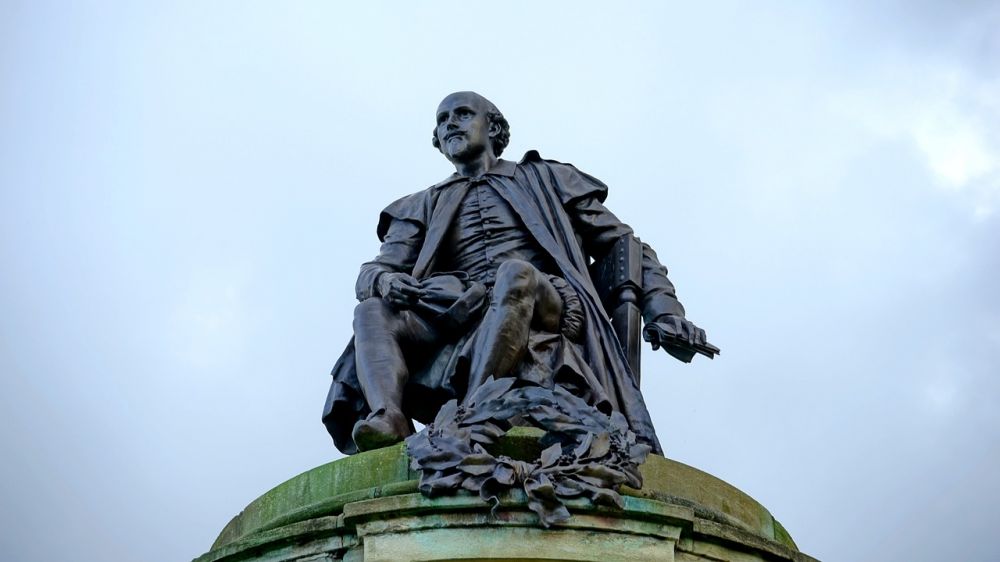Franz Kafka: The Enigmatic Writer Who Redefined Literature

Introduction
Franz Kafka, a name that resonates with mysterious depths and existential ponderings, is regarded as one of the most influential writers of the 20th century. His works, characterized by their surreal and absurd elements, delve into the complexities of human existence and the inherent struggles of the individual in society. In this article, we will explore the life, literary contributions, and enduring legacy of Franz Kafka, shedding light on what makes him a fascinating figure for both casual readers and avid enthusiasts.
Life and Background

Franz Kafka was born on July 3, 1883, in Prague, which was then a part of the Austro-Hungarian Empire. Raised in a middle-class Jewish family, Kafka’s upbringing was marked by a sense of alienation due to his minority status in a predominantly Christian society. This feeling of isolation and the resultant search for identity would later become significant themes in his literary works.
After completing his law studies at the University of Prague, Kafka worked as an insurance clerk, a job that he found mundane and soul-crushing. The monotonous routine and stifling bureaucratic environment found echoes in his writing, as evident in his masterpiece “The Metamorphosis.” Kafka’s works often explore themes of anxiety, guilt, and the absurdity of human existence, reflecting his own struggles with these existential concerns.
Historical Overview of Kafka’s Evolution
Kafka’s literary journey can be divided into three distinct phases. In the early years, he primarily focused on writing short stories and sketches. These works, characterized by a dark and introspective tone, centered around the themes of isolation and the dehumanizing effects of modern society. Notable examples from this period include “The Judgment” and “The Stoker.”
During the middle phase of his career, Kafka delved into writing longer narratives, most famously, his unfinished novel “The Trial.” This work epitomizes the Kafkaesque style, characterized by its labyrinthine bureaucracy and themes of guilt and persecution. Although Kafka’s works were not widely recognized during his lifetime, this period marked a significant shift towards a more profound exploration of the human condition.
The final phase of Kafka’s writing saw the composition of his acclaimed novella, “The Metamorphosis.” This surreal tale tells the story of Gregor Samsa, who wakes up one morning to find himself transformed into a gigantic insect. “The Metamorphosis” showcases Kafka’s unique blend of absurdity and psychological depth, cementing his status as a literary icon.
Kafka’s Legacy
Despite achieving little recognition during his lifetime, Kafka’s works gained posthumous acclaim and continue to captivate readers worldwide. His writing has become synonymous with the term “Kafkaesque,” representing a sense of entrapment, existential dread, and the ambiguity of human existence.
Kafka’s influence extends beyond the realms of literature. His ideas and themes have permeated various artistic mediums and inspired countless artists, filmmakers, and playwrights. The concept of the “Kafkaesque” has become an enduring aspect of the modern cultural lexicon.
In conclusion, Franz Kafka’s enigmatic persona and literary contributions have left an indelible mark on the world of literature. From his exploration of alienation and bureaucracy to his deep dive into existential concerns, Kafka’s works continue to resonate with readers, challenging them to ponder the complexities of human existence. As we navigate our own Kafkaesque lives, we can find solace and inspiration in the profound words of this literary genius.
Evolutionary Phases of Kafka’s Writing Style
– Early Years: Short stories and sketches exploring themes of isolation and dehumanization
– Middle Phase: Longer narratives delving into bureaucracy and guilt, epitomized by “The Trial”
– Final Phase: Creation of “The Metamorphosis” and further experimentation with surreal and existential themes
Kafka’s Enduring Legacy
– Posthumous recognition and global acclaim
– Influence on various artistic mediums beyond literature
– The concept of the “Kafkaesque” as a cultural descriptor











